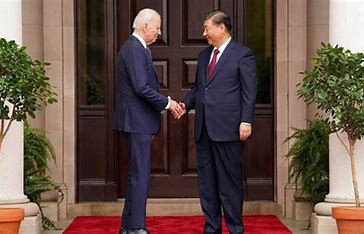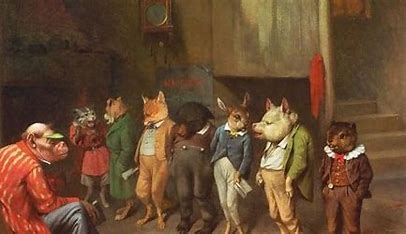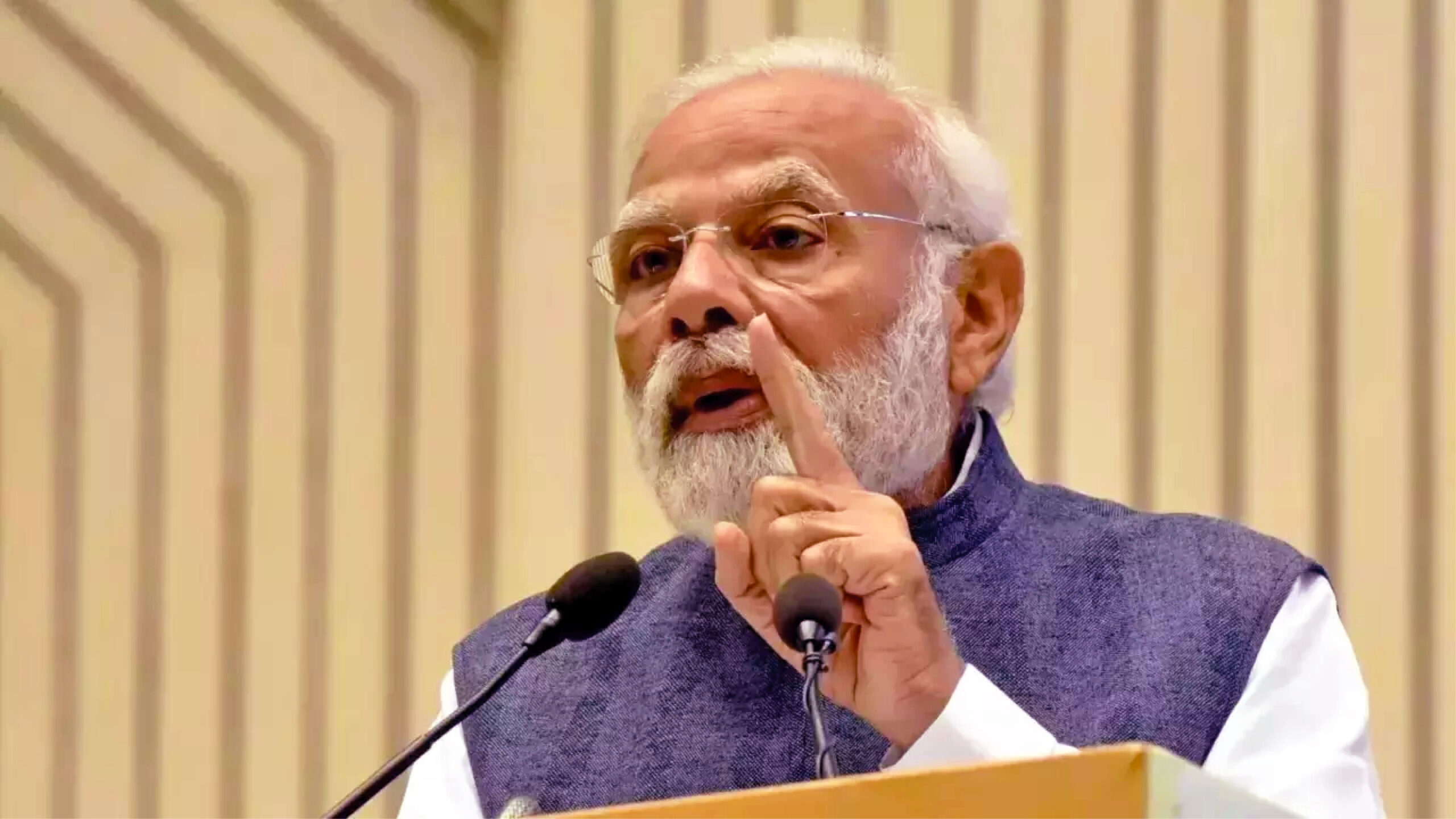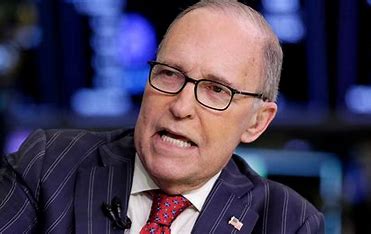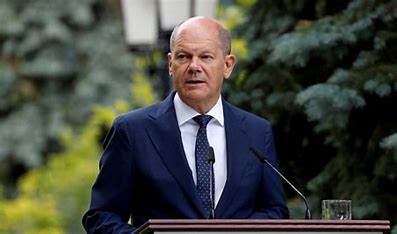
In pop culture, Karma is sadly misunderstood as payback time. Karma is not revenge-oriented; Karma has nothing to do with vengeance. There is nothing evil about Karma. Nor is Karma an account bearer, who keeps a trail and hunts down the doer to impose punishment. Karma is not a judge either, it doesn’t pass verdicts. It is impartial and it completes full circle and serves what you deserve, it can be good or bad.
What exactly is Karma?
Karma means many things to different people, so the definition of Karma depends upon whom are you asking? However, Karma is defined by different religions, spiritual practices, the conclusion of all culminates that Karma is deed and the result.
We plant the seeds of Karma with our every thought, word and action. They become the causes and the effects of these causes are registered simultaneously. But mere thoughts, words and action are not enough to create Karma or a cause, the large role is played by the intent behind them. Karmic actions are intended actions. Therefore the intention is the determining factor behind that leads to the consequences that will manifest as effect, either immediately or maybe sometime later in future.
We have all heard this , what you sow is what you reap. You plant an orange tree and you will not get apples. The law of cause and effect is simple, logical, and impartial. It is scientific too. Newton’s third law states that for every action, there is an equal and opposite reaction. Like a crazy ball, when you apply force to throw the ball to hit hard on the wall, it will bounce back towards you with double the force that you had applied.
Similarly, every action we take has a consequence and just as the force applied on to an object results in a corresponding reaction. There is an equal and opposite effect for every cause, and then the same effect triggers another subsequent effect. Our reactions echo our previous actions. If one does something that hurts the other, even their intention was not to hurt; the other is still hurt and harmed. That cause leaves a harmful effect, that will trigger emotions and distress in the other person and they may withhold, refrain or reply, that will further activate tension between the two, and the cycle continues.
Karma is often totally misunderstood. It is presumed that the deeds and the results are fixed. People believe in the notion that Karma seals their fate, there is nothing that can be done about it. You find people casually commenting on everything going wrong, ‘Well it’s your Karma’. The pop culture Karma has become like a fixer, which can pronounce rewards and punishments.
Now here is an interesting thing about Karma that most of us don’t understand, or attempt to understand. Yes there are fixed Karmas, which cannot be changed. But not all Karmas are fixed, some Karmas we can consciously transform or we can lessen their effect in our life. It’s like we cannot change the family we are born into, that is the fixed Karma, but we can definitely choose what Karmas to create with our relationships in that family.
We can’t escape our fixed Karmas, but humans are rare and unique living beings. We are responsible for creating our own personal Karmas with the free will. We may not change the situation, but we can improve our lives even around the same situation and become capable of becoming better individuals.
We can choose to continue the pattern of hurt and then causing more pain and hurt to another, which according to Newton’s Third Law, this is natural, and according to popular belief about Karma, this is fair, but that’s not how Karma works. Karma can be transformed and that is a choice. We can choose to perpetuate the cycle of hurt and pain or we can also choose to end it. Transformation of Karma is not in changing the situation; instead it is becoming better at responding rather than reacting to the situations in life.
Karma is for sure cause and effect, and deed and its result, but when we repeatedly react and respond in the same manner in similar circumstances, we create karmic tendencies like we create habits in our life. Our thoughts, words and actions are reflective of our karmic tendencies. That’s why we see some people are short tempered, they react before they can comprehend, hence creating a cause. If their anger is directed against another short tempered person, the effects appear immediately, but if it is directed against a wiser, calmer, or a weaker person, there may not be any immediate altercation but the effect of such anger will manifest in future. Maybe the angry person will encounter angrier person and will be at the receiving end of the wrath.
In this situation, anger is the tendency and every word said, or action taken; even the angry thoughts become the Karma. Now anger is a tendency and is an emotion, and we can surely train ourselves to manage and control our emotion, hence we can alter and transform anger, and we can manage and control our reactions and responses emerging from anger, and that can lead to transformation of our Karma. Changing our core tendencies, of our lives can be a very painstaking process. We can break the chain of toxic beliefs passed down through generations, or stop the pain-pong match between ourselves and others; the choice is ours at every intersection.
How do we change our Karma?
When we pause before you act, react or even respond and hold on to our horses especially when we are confronted by any situation or people, we need to un-follow our instinct. That’s how the transformation begins. Transformation of Karma begins with transformation of self. We all have inherent wisdom, courage and compassion that Buddha describes as Buddha nature and other life philosophies and religious beliefs too acknowledge the higher self, the conscious self which we all can tap into. The power of our higher, conscious, Buddha self enables us to make conscious decisions to not act from the tendencies of our lower self, which are ego, anger, rage, greed and sometimes stupidity. We don’t need to look into the past to understand what needs to be changed today. We need to look deeper into our self, are we operating from our lower self which is dark, unforgiving, vindictive and revengeful or we are acting from our higher self which is calm, serene, peaceful, mindful and is in control.
Buddha states in his teachings that the concept of Karma is important to engage in self-reflection and examine our actions and intentions and it is not something that should hold us back. But it is like a springboard for a happy future. Our personal karmic tendencies become the fuel for the awareness of our true nature and self and being more mindful. The change in the mind-set that determines victory over our Karmas is that instead of asking, ‘Why me?’ one should say, ‘Try me!’
Yes, what goes around comes around, because life moves in full circle and the beginning has to meet its end. In scriptures across various religions its written and the sages and enlightened beings with their life have given proof that we can’t escape Karma, not because we have inherited them, but because we have created them.
Karma is not a punishment, but Karma does keep a score of negative and positive causes created. The purpose of Karma is to make an aware decision toward making every choice of thought, word and deed that reflect our Highest Self. Not only do we continuously create Karma, but that we can consciously lighten, transform and expiate it too.
We have a choice with Karma. Most of us feel disappointed that people get away with doing wrong things and that life is not fair, but we must remember that no one can escape the circle of Karma, we have to face the consequence of our deed, and even when we feel people remain unpunished, well one there is no fixed timeline on which Karma operates, and second there are no fixed means in which the Karma will be served, but believe it will be served, when the time, place and circumstances have all emerged for that particular Karma to manifest in one’s life.
Karma doesn’t take revenge on you, Karma has a reason, and the reason is to undergo the transformation of self into the higher self. A higher self, which is capable of taking responsibility, which is courageous to be accountable for all the actions of mind and body and which has wisdom to seek forgiveness and to give forgiveness. If we don’t consciously make an effort to transform our Karma, then we will keep on creating the spiral of actions and reactions and whether one believes or not, Karma like a boomerang with all its twists and turns will spin back, even when one has conveniently forgotten about it.

